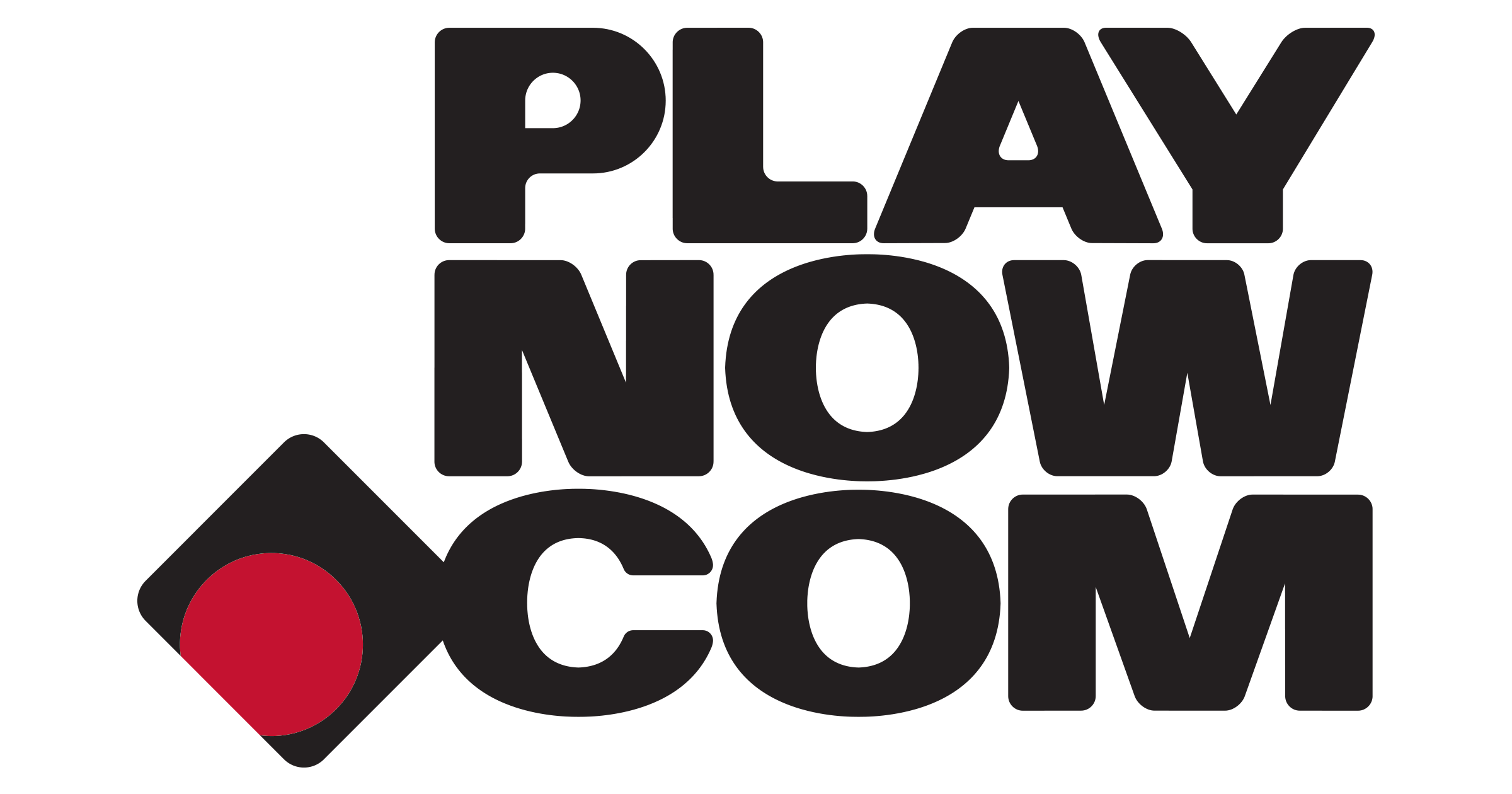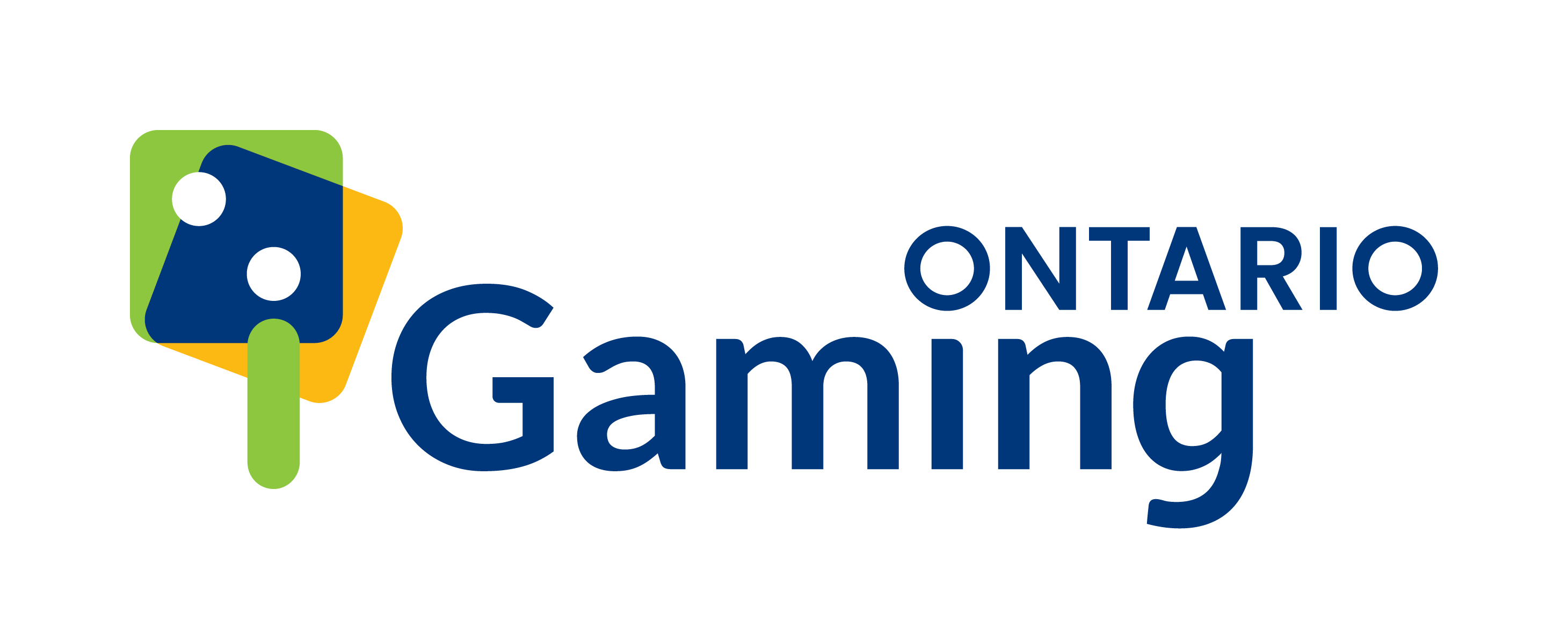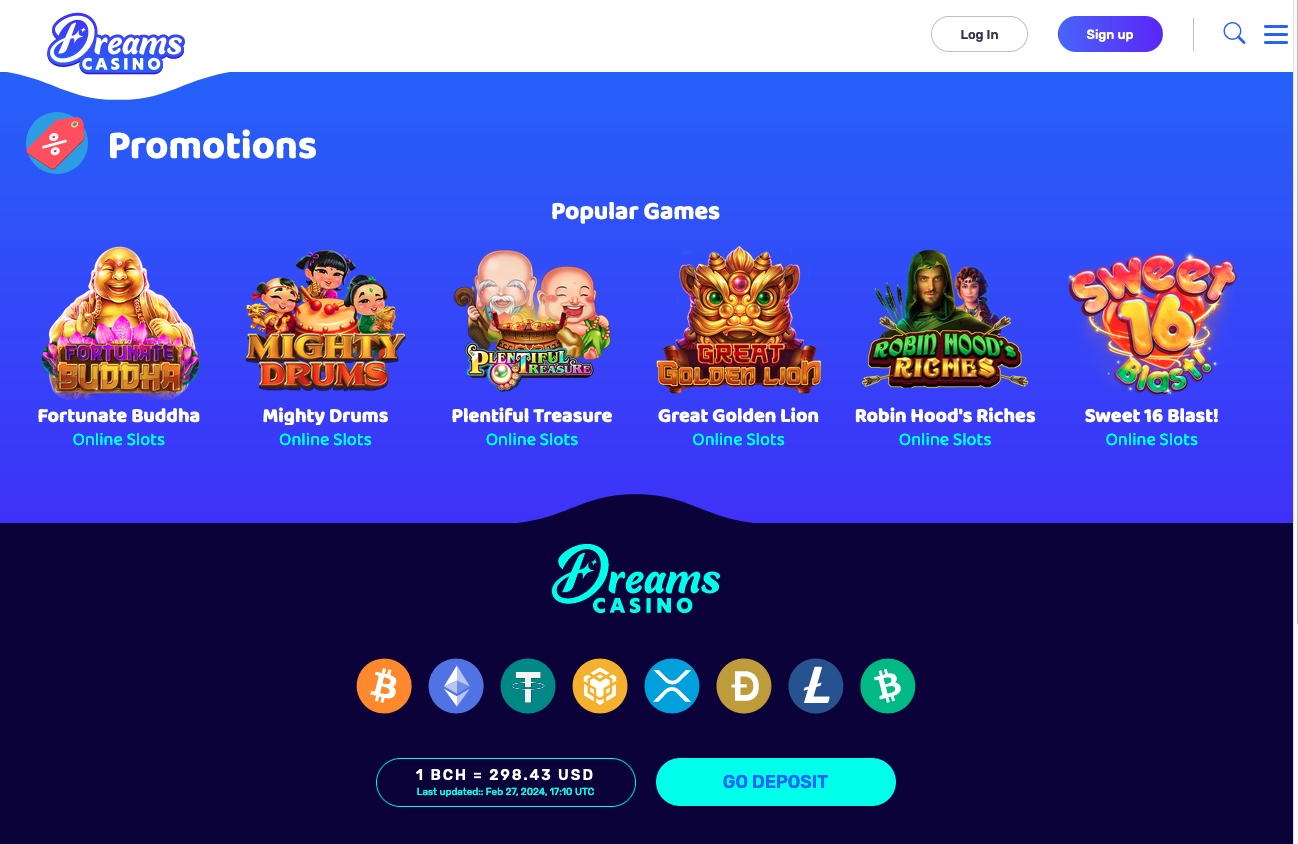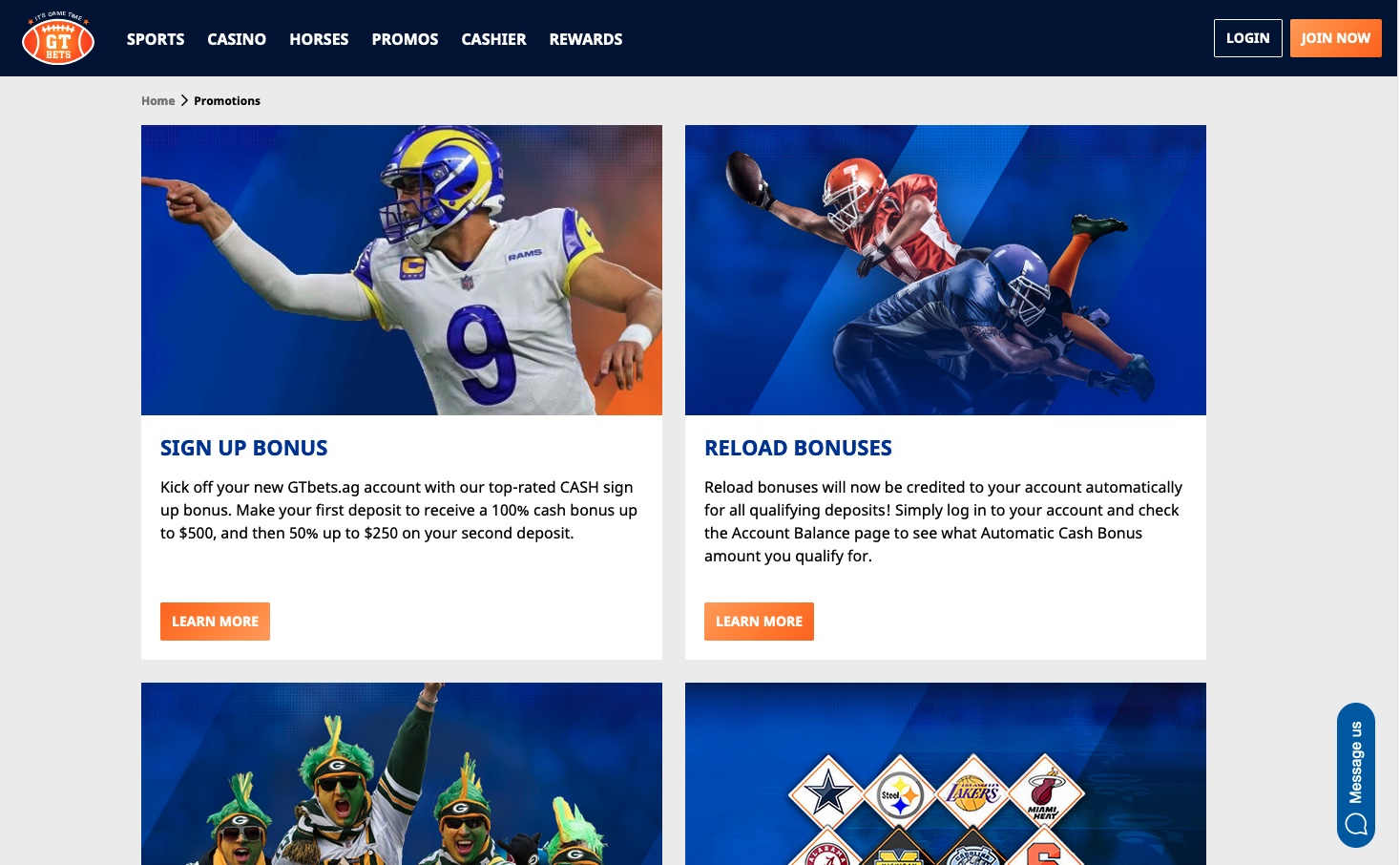After a big start in the first month, Hartley examines where single game sports betting in Canada is headed.
Canada amended the criminal code to allow provinces to offer single game sports betting and almost immediately every province jumped into action to capitalize. Here is a breakdown of what is being offered by province and the lines they are using: British Columbia and Manitoba simply expanded their playnow.com websites which are operated by Scientific Games, to include single game sports betting. The lines at PlayNow are standard, with most offshore sites operating a 20-cent line for single games and in many cases the odds on futures are often better than is available offshore.
The lines at PlayNow are standard, with most offshore sites operating a 20-cent line for single games and in many cases the odds on futures are often better than is available offshore.
The Atlantic provinces also expanded their online lottery and casino to include single games, although there seems to be a separate betting site for futures than on money lines or spreads. Most confusing, there are separate options for proline and something they call stadium games. Proline (the parlay lottery that has operated in Canada for decades) has been altered to improve the traditional lines from what was being offered, and people can still bet on a "tie". A tie is defined as just that in soccer and hockey, as well as a bet that falls within five points in a basketball game and a bet that finishes with one team winning by three points or less in football. The lines for proline are about 25 cents, which while a bit high, is far better than the former 60 to 70 cent lines with the parlay lottery. Stadium games, however, have exceptional odds. The Jacksonville vs. Arizona NFL game this weekend, for example, had Jacksonville +7.5, with a dividend of 1.99 or -101 and Arizona at -7.5, with a dividend of 1.90 or about -111. So, the spread in that game is offering a 12-cent line. Whether that will be standard or whether it is simply an introductory offer to get people to play is yet to be seen. It should be noted that single game sports betting is only available in New Brunswick, Prince Edward Island and Newfoundland & Labrador, meaning the option is not currently available in in Nova Scotia, according to the alc.ca website for reasons unknown.
It appears the sports betting in the Atlantic provinces is being run by the government itself, although the Atlantic Lottery Corporation just signed an agreement with Scientific Games for a central lottery kiosk to allow bettors to place self-serve lottery bets and video lottery terminal games. No doubt SG will try to convince the ALC to turn over the operation of the sports betting to them as well to maximize profits and also to get in line with British Columbia and Manitoba.
Quebec has separate websites for the traditional parlay lottery and for single games located at miseojeu.espacejeux.com and miseojeuplus.espacejeux.com. In both cases, however, the lines are just awful. Miseojeu is the standard proline option and miseojeuplus is the "better" option for single game wagering. The offerings are fairly poor and the odds are frighteningly bad. If one bets at the standard miseojeu site, the Cleveland vs. Chicago NFL game last weekend had a line of -6.5 points with each side at a dividend of 1.75 representing about a 67-cent line. And on the miseojeuplus site with the better odds, the game had Chicago +7 points with a dividend of 1.9 (about -111) vs. Cleveland -7 points with a 1.76 dividend or -132 odds. So, the better odds site is only using a 43-cent line. I have been told that the province is looking for other operators to improve the sports betting options there and they feel that hockey lines will be much tighter since they expect more volume and expertise on hockey than they have on football.
Alberta is offering its products on the playalberta.com website and it's uncertain who is running the sports betting, as the site only became operational this year. When it was launched, the tribal groups in Alberta which run the land-based casinos there, launched a legal challenge against the province (still before the courts) and the province only said it was being operated by a private entrepreneur. The lines on the playalberta.com are not that great, with NFL spreads offering a 30-cent line. Money lines and totals are also a bit lower than one would find in other provinces or at some of the top online sportsbooks. The Yukon Territories, Northwest Territories and Nunavut allow single game sports betting under the law, but they don't appear they have launched any initiative to capitalize now.
Sports Betting in Ontario Ontario is by far and away the most interesting of all the provinces. The province started offering sports betting on it's olg.ca website and in four weeks has garnered over $6 million in bets, mostly on single games and predominantly on NFL games. This was achieved despite minimal advertising to date. OLG is run by the lottery corporation and reports to the Alcohol and Gaming Commission of Ontario (AGCO), who regulate all gambling, alcohol, and cannabis sales in the province. To date no land-based casinos offer sports betting, although that is expected to change soon, and the province has launched an open licensing scheme for sports betting. Consequently, any company can apply for a license and if chosen will be able to offer a sports betting website in Canada. So OLG got a head start but will soon be challenged. This will be great for bettors as there will be competition, meaning better lines, promotions, and likely sign-up bonuses as is the case in most other jurisdictions with licensed and regulated sports betting, including many U.S. states and the United Kingdom.
Ontario is by far and away the most interesting of all the provinces. The province started offering sports betting on it's olg.ca website and in four weeks has garnered over $6 million in bets, mostly on single games and predominantly on NFL games. This was achieved despite minimal advertising to date. OLG is run by the lottery corporation and reports to the Alcohol and Gaming Commission of Ontario (AGCO), who regulate all gambling, alcohol, and cannabis sales in the province. To date no land-based casinos offer sports betting, although that is expected to change soon, and the province has launched an open licensing scheme for sports betting. Consequently, any company can apply for a license and if chosen will be able to offer a sports betting website in Canada. So OLG got a head start but will soon be challenged. This will be great for bettors as there will be competition, meaning better lines, promotions, and likely sign-up bonuses as is the case in most other jurisdictions with licensed and regulated sports betting, including many U.S. states and the United Kingdom.
The OLG proline+ website has a 30-cent line on NFL games which obviously isn’t great. It will need to improve that hold if it wants to compete with newcomers moving forward. That said they do have a large array of betting options including in-game betting.
The government introduced a gaming operator Application guide, located at Internet Gaming Operator Application Guide | Alcohol and Gaming Commission of Ontario (agco.ca), and the full details of what is expected of operators was highlighted in a previous OSGA article - New Ontario online gambling plan could bring back old favorites.
The information proved useful, but there was a lot of crucial pieces missing, so I reached out to the AGCO to see if I could get some clarification. I was able to ascertain most of what I required from spokespeople at the Alcohol and Gaming Commission of Ontario and by Scott Blodgett, a spokesperson for the Ontario Minister of Finance.
The following were my questions to the AGCO and the response from their communications team.
Hartley: I'm wondering if you can expand on the requirements of receiving a license in Ontario that are listed on the AGCO website. In particular, if a company like Bet365, William Hill, Betfair or PokerStars applies for a license, would they still qualify since they have been offering their sites to Canadians and would they be required to set up a separate site from their global site? If so, what would qualify as a "grey market" they must leave to qualify?
Answer: The AGCO has developed a regulatory framework to ensure honesty and integrity for iGaming in Ontario and to protect Ontario consumers. At the same time, it is facilitating a business-like transition from an "unregulated" to "regulated" iGaming scheme that is fair for registrants. As part of this transition, the AGCO is committed to taking strong action to address any remaining unregulated Ontario market activity in partnership with law enforcement. The following three requirements will help inform operators of necessary actions while also providing a foundation for subsequent enforcement activities if actions are not taken:
- All iGaming applicants (operators and gaming-related suppliers) who apply prior to the date of the launch of the regulated Ontario iGaming scheme, must cease unregulated market operations within Ontario once they are issued a registration from the AGCO.
- All iGaming applicants who apply prior to the date of the launch of the regulated Ontario market must terminate any association they may have with another company that operates in the unregulated market in Ontario once they are issued a registration from the AGCO.
- An entity that has not applied for registration by the date of the launch of the regulated Ontario iGaming scheme and either continues to operate in the unregulated market in Ontario, and/or continues to have associations with other entities that continue to do so, risks not having their application for registration approved.
In addition, here are the highlights for the regulatory role of the AGCO, and the "conduct and manage" role of iGaming Ontario in iGaming, including sports betting in Ontario.
- The AGCO and iGaming Ontario are two separate entities with distinct roles.
- The AGCO will oversee the regulatory side of iGaming, including the establishment of the Registrar's Standards for Internet Gaming.
 - iGaming Ontario is a subsidiary of the AGCO, and a separate and distinct legal entity that will conduct and manage Ontario's open and competitive iGaming market when provided through private gaming operators.
- iGaming Ontario is a subsidiary of the AGCO, and a separate and distinct legal entity that will conduct and manage Ontario's open and competitive iGaming market when provided through private gaming operators.
- The AGCO does issue licenses for other sectors it regulates – such as liquor, horse racing and cannabis retail.
- For accuracy, there will be no "iGaming licences" issued, per se.
- Operators will apply to be registered with the AGCO and enter into a commercial agreement with iGaming Ontario.
I also asked the AGCO whether there would be a revenue sharing scheme and they referred me to Scott Blodgett to respond with regards to that question and the indigenous gaming question:
"Within Canada's particular legal framework, Ontario intends to implement a revenue sharing model in which iGaming Ontario (iGO) would enter into commercial agreements with private operators, on behalf of the Province.
These commercial agreements could enable private operators to offer their games directly to consumers within a regulated framework, in exchange for a defined revenue share paid to the operator.
Participating operators would also be required to comply with any applicable provincial and federal regulations or legal requirements and associated costs.
The Province has invited Indigenous perspectives on the design of the igaming market and input from Indigenous organizations and Indigenous businesses involved in gaming and iGaming (for example, operators, suppliers, etc.).
The Province has heard from several Indigenous communities and looks forward to continued engagement on Indigenous participation in the regulated iGaming market."
While there are no official applications, rumors have swirled that BetMGM, Caesars, FanDuel, DraftKings, Bet365, Barstool Sports, The Score and PointsBet have all applied for licenses. It is likely that Caesars will use the William Hill brand in Canada, including at Casino Windsor.
So, single game sports betting has only been operating now for a month, but the revenue has been rolling in and Canadian sports bettors are taking advantage. OSGA will be sure to keep abreast and report on any new developments on the Canadian sports betting scene as they occur.
Read insights from Hartley Henderson every week here at OSGA and check out Hartley's RUMOR MILL!







































